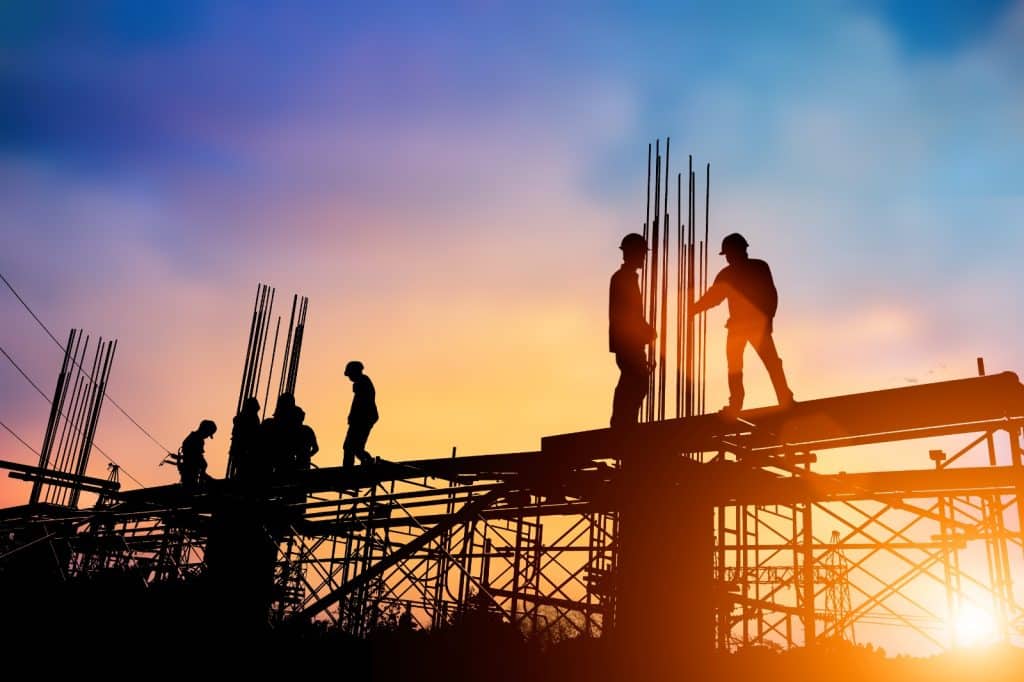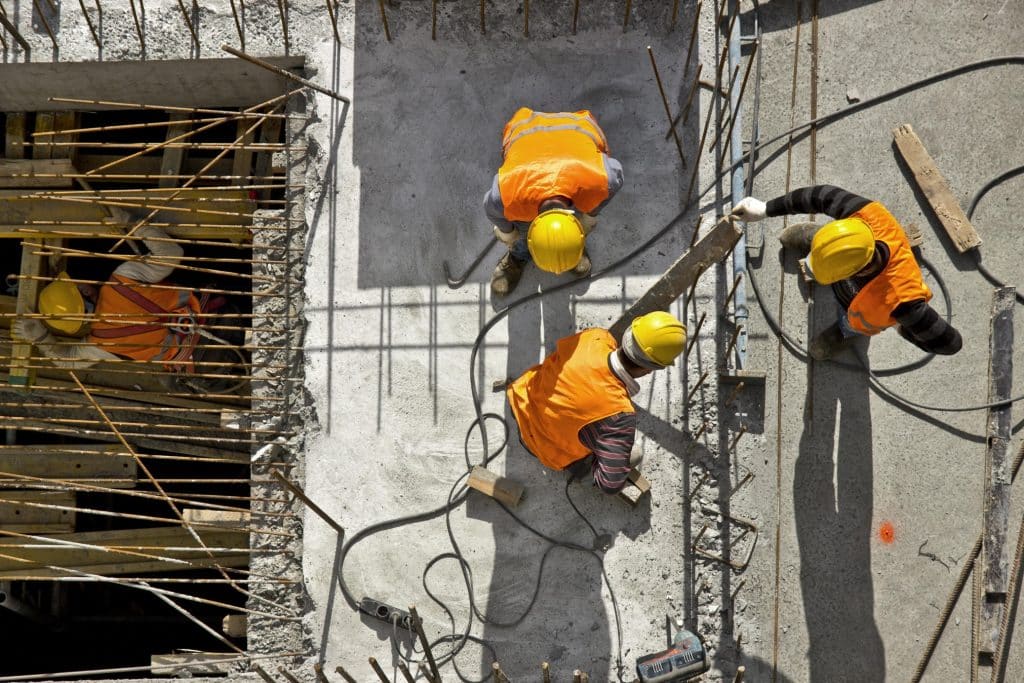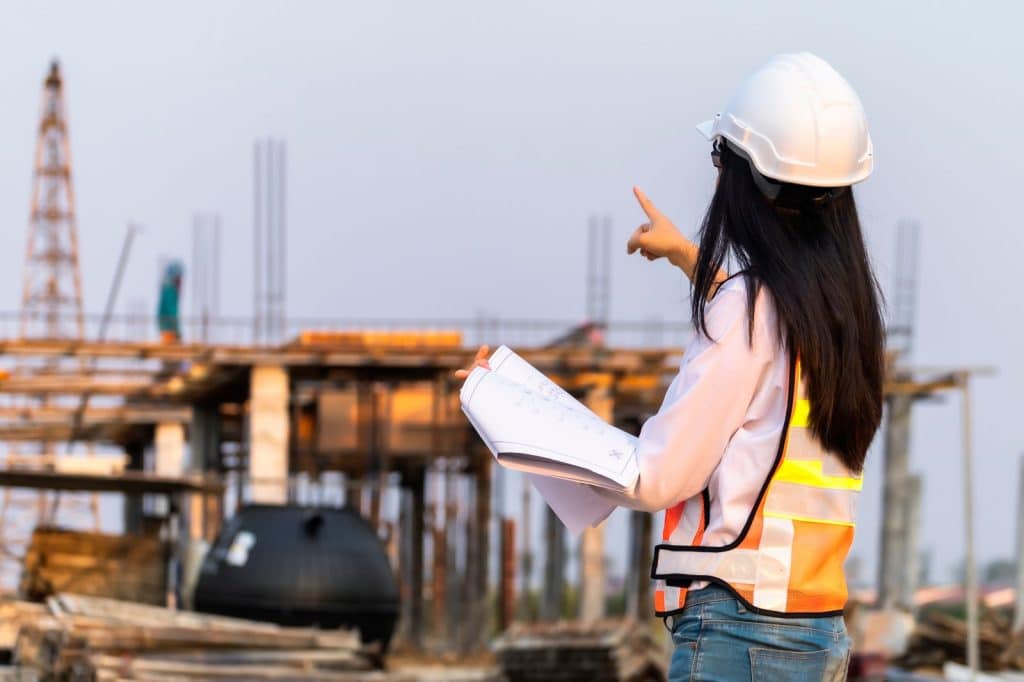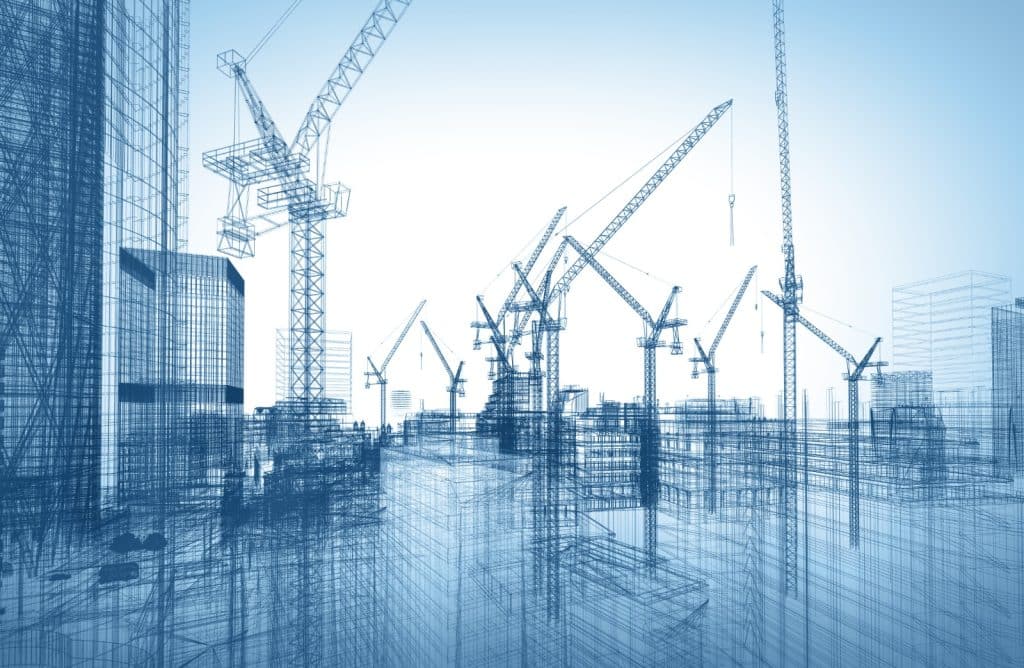Originally written by Atousa Aslaminezhad. Edited by Vibha Mehta
Empowering the future of the next generation with programmes supporting women in construction
In 2023, the worldwide construction market reached a valuation of 11.9 trillion USD, and it is anticipated to reach 17.2 trillion USD by 2030, exhibiting a CAGR of 5.4 per cent from 2024 to 2030. The projected size of the UAE Construction Market is approximately 41 billion USD in the year 2024, and it is anticipated to expand to USD 50.40 billion by 2029. This growth trajectory signifies increased development within the construction sector in the UAE, reflecting ongoing trends and opportunities in the market during this specified timeframe.
Here, Atousa Aslaminezhad, Assistant Professor, School of Energy, Geoscience, Infrastructure and Society at Heriot-Watt University Dubai, deep dives into how encouraging the next generation through initiatives will Help Women in Construction.
As we look ahead to 2024, a notable transition is underway in the UAE’s construction sector, marked by a visible shift towards sustainable and environmentally friendly practices. This evolution is propelled by the nation’s steadfast commitment to environmental conservation. The UAE is actively embracing cutting-edge green building technologies, encompassing smart energy systems, streamlined waste management, and integrating renewable materials to curb the carbon footprint and foster a more sustainable future.

The construction industry has been traditionally seen as a male-dominated field, with women only constituting a small fraction of the workforce. However, the world is changing rapidly, and there is a growing recognition of the importance of diversity and inclusivity in all sectors, including construction. Empowering the next generation of women in construction is a matter of equality and a strategic move to address the industry’s skills shortage and foster innovation.
The sector is currently experiencing a major shift towards prioritising environmental sustainability and adopting advanced technologies. This transformation is expected to improve efficiency, accuracy, and safety throughout all construction project phases, including planning, design, and execution. Technological advancements like advanced Building Information Modelling (BIM), robotics, and autonomous construction equipment will revolutionise the industry, leading to expedited project completion and effective cost management.
Considering these developments, the construction landscape presents a surge in job opportunities across various facets of the industry. Moreover, this shift creates a conducive environment for women to play a pivotal role in shaping the future of construction. The emphasis on sustainable practices and technological advancements opens doors for diverse skill sets and underscores the importance of inclusivity within the workforce. As the industry evolves, women can seize the opportunity to contribute further, bringing their unique perspectives and skills to the forefront of a sustainable and tech-driven future for construction.

One of the main difficulties women encounter when entering the construction industry is the widespread gender stereotypes. To tackle this issue, various programmes have been designed to break down these stereotypes and encourage the notion that construction can be a feasible career choice for women. Outreach initiatives, career fairs, and awareness campaigns aim to challenge conventional perceptions and showcase the broad range of roles available within the construction sector.
For instance, JLL, a prominent professional services company focused on real estate, investment management, and development consultancy, introduced the ‘Women in Construction Drive’ in 2022, commemorating International Women’s Day and Women in Construction Week. As a component of this effort, JLL collaborated with various stakeholders to organise visits to schools in Dubai, aiming to raise awareness about careers in construction and enhance the participation of women in the industry.

Empowering women is a collective effort, beginning with education. Numerous programmes provide educational opportunities through scholarships, mentorship, and tailored curricula, aiming to establish a diverse and skilled workforce. Apprenticeships and training modules designed for women offer hands-on experience, collaborating with supportive construction companies to bridge the gender gap in the field.
Networking and mentorship also play crucial roles in career development, and programmes facilitating events and workshops empower women to navigate industry challenges. These initiatives create a community where experiences are shared, advice is given, and a supportive environment is fostered among women in construction.
Furthermore, leadership development initiatives recognise the need for more women in managerial and executive positions. They contribute to a more inclusive and innovative industry by cultivating skills and confidence. Advocacy programmes address systemic barriers, gender bias, and fair hiring practices, collaborating with stakeholders and policymakers to create an environment valuing women’s contributions in construction.

Highlighting success stories and role models is another crucial aspect. Programmes showcasing the achievements of women in construction inspire the next generation, challenging stereotypes and demonstrating that women can thrive in diverse roles. By celebrating these accomplishments, these programmes actively change the narrative surrounding women in the construction industry, encouraging more women to pursue and excel in construction careers. As these initiatives continue to gain momentum, the hope is that more women will be encouraged to pursue fulfilling and successful careers in construction, ultimately reshaping the industry’s landscape for the better.

